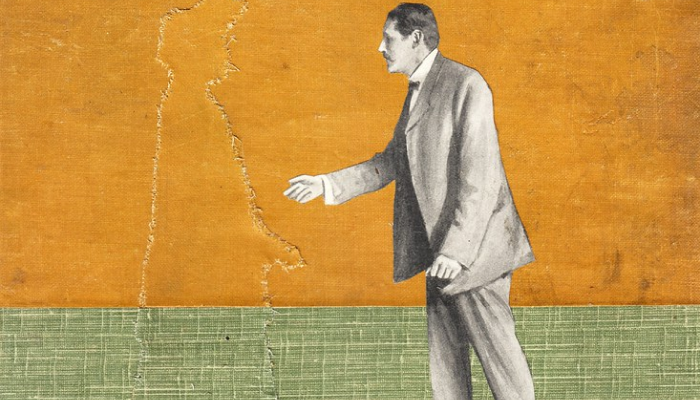
It might seem like appealing to a customer’s cost-cutting, time-saving, rational brain is the quickest way to a sale. But there are deeper psychological needs all humans have that actually play a bigger role in consumer loyalty than previously acknowledged.
These needs, well-established by researchers and applicable to humans across every demographic, are: an ingrained desire for choice (autonomy), connection with others (relatedness), and experiences that grow one’s skills (mastery).
Psychologist Ron Friedman and his team at Ignite80 recently conducted a large survey in partnership with the customer communication platform Front, publishing some of their findings in the Harvard Business Review. They surveyed 2,128 office workers across the United States, the United Kingdom, France, Germany, Spain, and Italy who were involved in working with B2B companies. Their findings indicate that B2B customers prefer interactions that meet their psychological needs over saving time or money. Here’s some of what they found:
Customers prefer choice over problem-solving
58% of respondents said they preferred the opportunity to make a selection from several solutions to a problem rather than being offered one single solution, even if it took up more time.
What does this mean?
Even if you already know exactly how to solve the problem at hand, provide your customer with options to give them a sense of autonomy.
Customers prefer talking to a human
74% of respondents said they would rather talk to a human who would take 10 minutes to solve their problem than a chatbot that could solve it in 5. The researchers also showed that customers who said their vendors provided “good” service were more than twice as likely to know the vendors personally than those they rated as providing “poor” service.
What does this mean?
Customers may prefer a human touch over the cold hand of a robot, but they don’t want a huge display of emotion from their vendors either. The researchers found that expressing empathy can backfire if customers perceive it as disingenuous. We’ve all felt rather awkward at the customer service rep who apologizes for our slow router as if they’ve just run over our dog. Customers would rather hear from a knowledgeable, competent human than an overly demonstrative one.
Customers would rather “learn to fish”
61% of respondents said they would rather learn how to solve a problem from a service provider than have the problem solved for them. There was a generational difference in these responses, however. 76% of Gen Z respondents expressed a preference for learning how to solve the problem, whereas only 51% of Baby Boomers preferred the same.
What does this mean?
The data show that customers want vendors who help them do their job more effectively – actions they rated the most helpful included reaching out to see if the client needs help with any projects, checking in to see how the client is doing, and sending a monthly newsletter with useful information. Younger B2B customers especially are looking to develop mastery in their roles, and fueling that sense in them is the most effective route.
This survey shows that satisfying a customer’s psychological needs can be just as if not more effective than appealing to their desire to save time and money. Empowering customers to experience autonomy, relatedness, and mastery, opens up a world of possibilities, (and probably comes with a nice commission check too).







